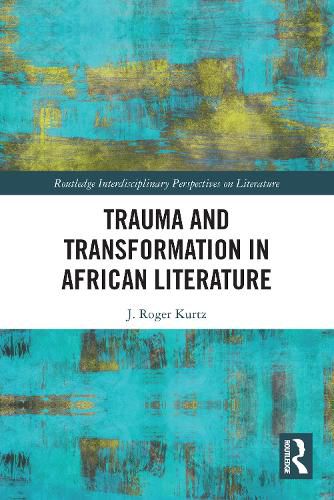Readings Newsletter
Become a Readings Member to make your shopping experience even easier.
Sign in or sign up for free!
You’re not far away from qualifying for FREE standard shipping within Australia
You’ve qualified for FREE standard shipping within Australia
The cart is loading…






This book fills a gap in the field of contemporary trauma studies by interrogating the relevance of trauma for African literatures. Kurtz argues that a thoughtful application of trauma theory in relation to African literatures is in fact a productive exercise, and furthermore that the benefits of this exercise include not only what it can do for African literature, but also what it can do for trauma studies. He makes the case for understanding trauma healing within the larger project of peacebuilding, with an emphasis on the transformative potential of what he terms the African moral imagination as embodied in the creative work of its writers. He offers readings of selected works by Chinua Achebe, Ngugi wa Thiong'o, Chimamanda Adichie, and Nuruddin Farah as case studies for how African literature can influence our understanding of trauma and trauma healing. This will be a valuable volume for those with interests in current trends and developments in trauma studies, African literary studies, postcolonial studies, and memory studies.
$9.00 standard shipping within Australia
FREE standard shipping within Australia for orders over $100.00
Express & International shipping calculated at checkout
This book fills a gap in the field of contemporary trauma studies by interrogating the relevance of trauma for African literatures. Kurtz argues that a thoughtful application of trauma theory in relation to African literatures is in fact a productive exercise, and furthermore that the benefits of this exercise include not only what it can do for African literature, but also what it can do for trauma studies. He makes the case for understanding trauma healing within the larger project of peacebuilding, with an emphasis on the transformative potential of what he terms the African moral imagination as embodied in the creative work of its writers. He offers readings of selected works by Chinua Achebe, Ngugi wa Thiong'o, Chimamanda Adichie, and Nuruddin Farah as case studies for how African literature can influence our understanding of trauma and trauma healing. This will be a valuable volume for those with interests in current trends and developments in trauma studies, African literary studies, postcolonial studies, and memory studies.